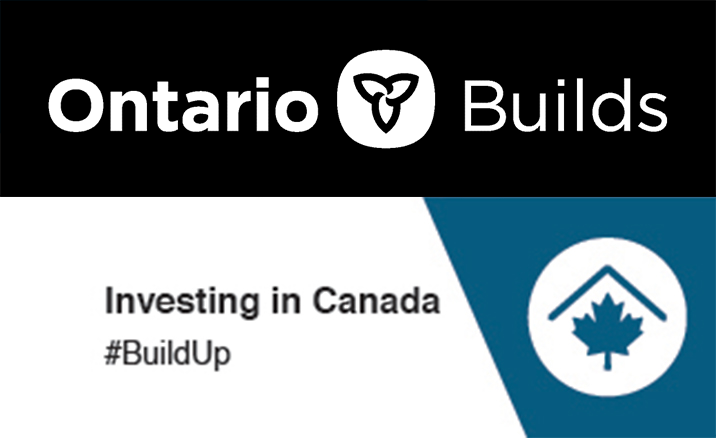What is Co-operative Education?
Co-operative Education is a learning partnership that provides students with valuable work experience while they are earning credits towards their graduation diploma. The Co-operative Education program involves both a classroom component and work or community placement component. Through these two components, the Co-operative Education course supports career and life planning, prepares the student for successful participation in the workplace, provides sufficient time and various opportunities at the placement to enable the student to apply and further develop the knowledge and skills acquired in the related course(s).
All Co-operative Education students are required to participate in a pre-employment session that emphasizes health and safety and the skills needed to succeed in the placement. Programs vary throughout the board based on the following factors:
- How many credits is the student earning?
- Does the student work half day or full day at the Co-op placement?
- Is the student taking Co-op in the a.m. or p.m.?
- Does the student work every day or every other day at the Co-op placement?
- Is the placement virtual?
All these factors play a significant role in the number of days and the number of hours the student is at the Co-op placement. Each school will be able to answer questions related to its particular program.
How Does Cooperative Education Help Students Meet Diploma Requirements?
- Cooperative education credits may be used to meet up to two of the 18 compulsory credit requirements for the Ontario Secondary School Diploma (OSSD)
- Students must also earn 12 optional credits through the OSSD. There is no limit on the number of optional credits that may be earned through cooperative education courses.
- Under the ministry-approved framework for the Specialist High Skills Major (SHSM) designation within the OSSD, students must earn a minimum of two cooperative education credits as one of the five required components of an SHSM. Cooperative education credits are also a required component of other specialized programs, such as school-to-work and school-to-apprenticeship (OYAP) programs.
Categories: Learning

